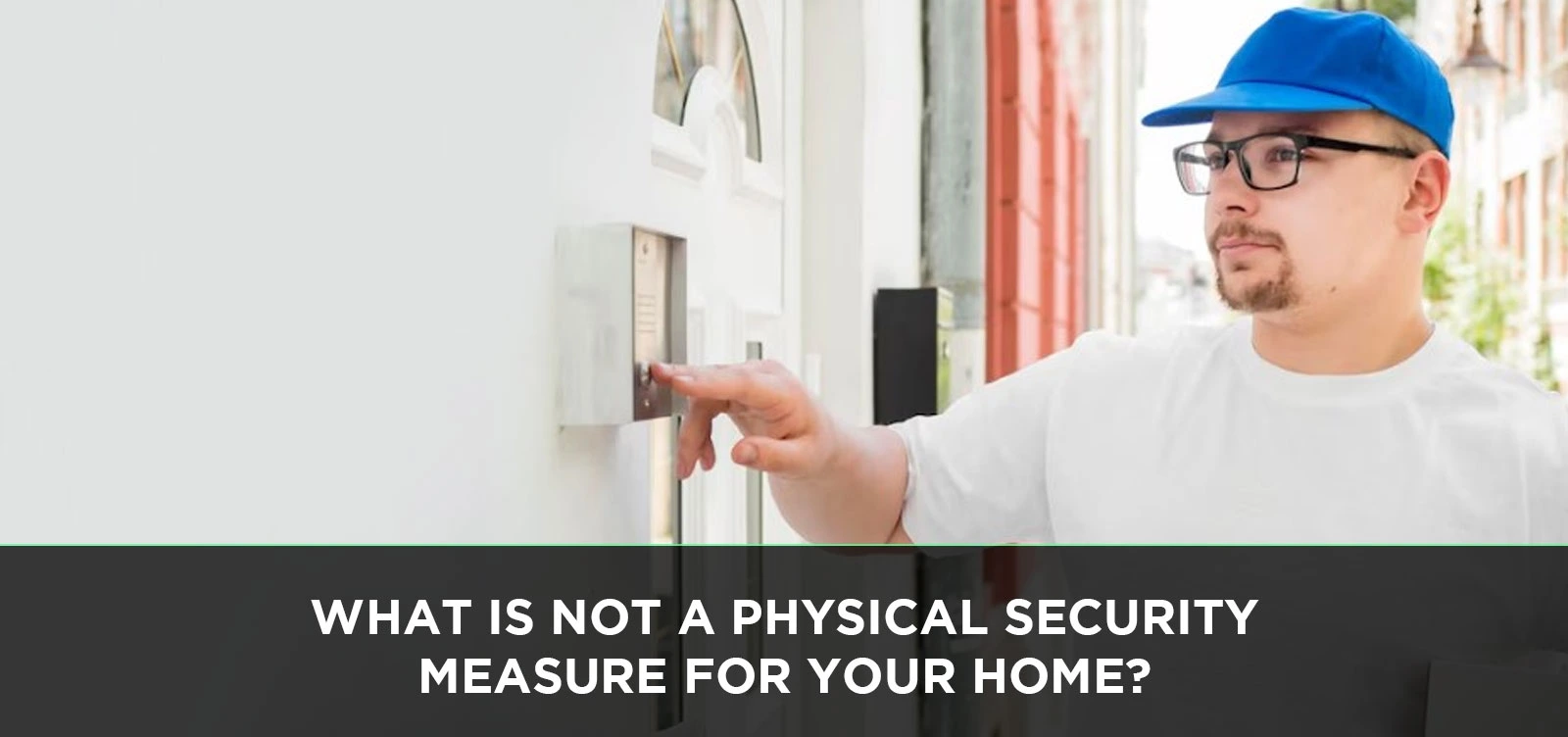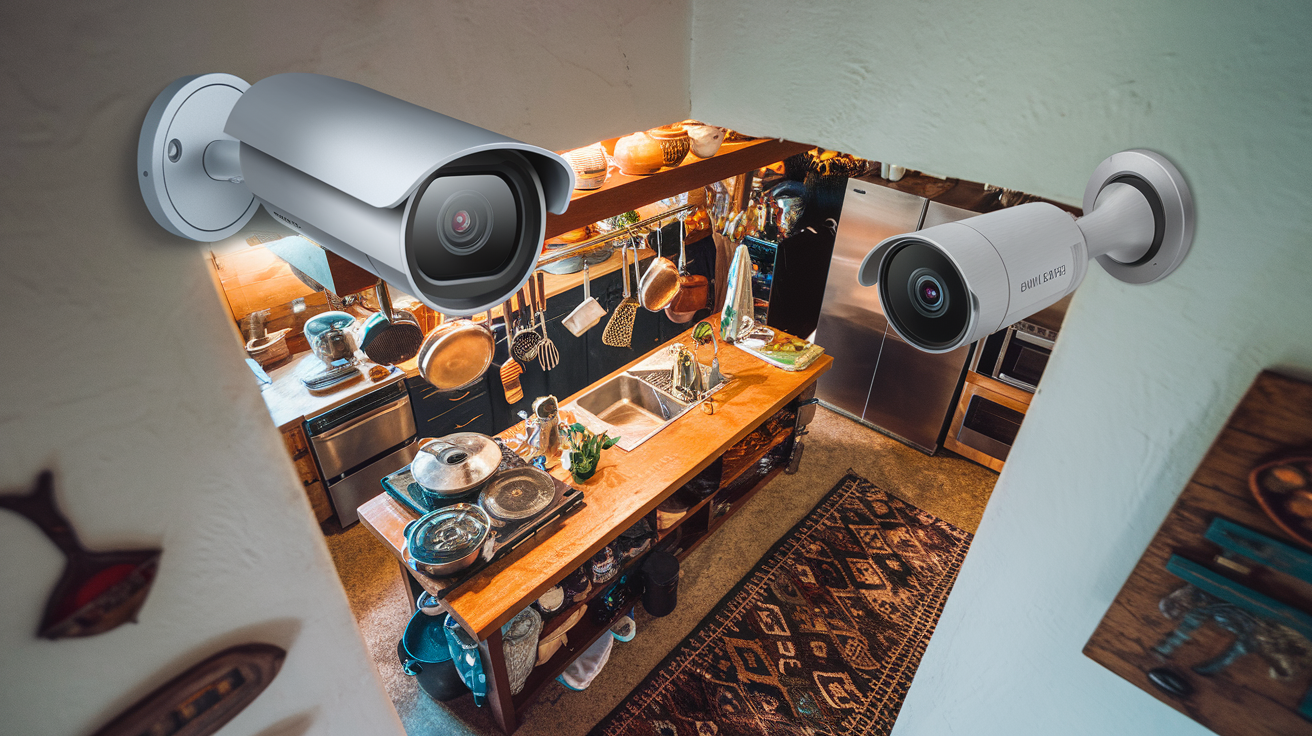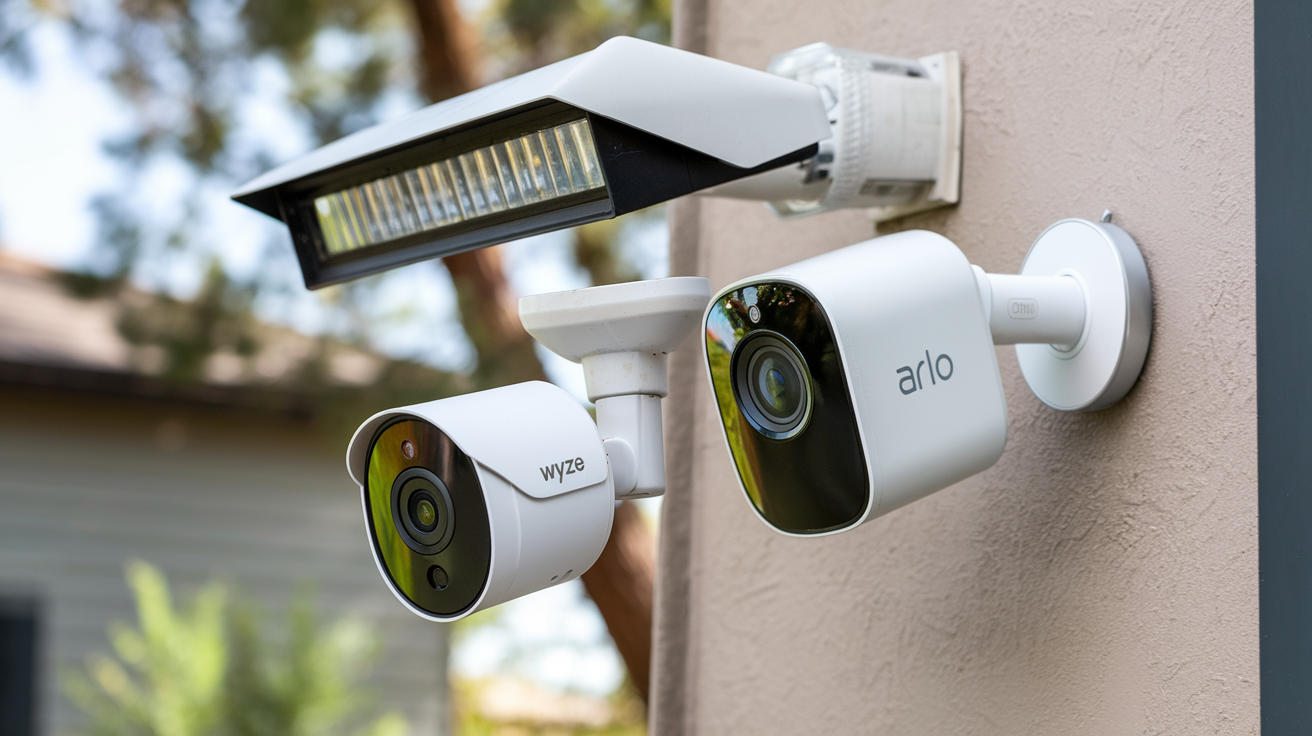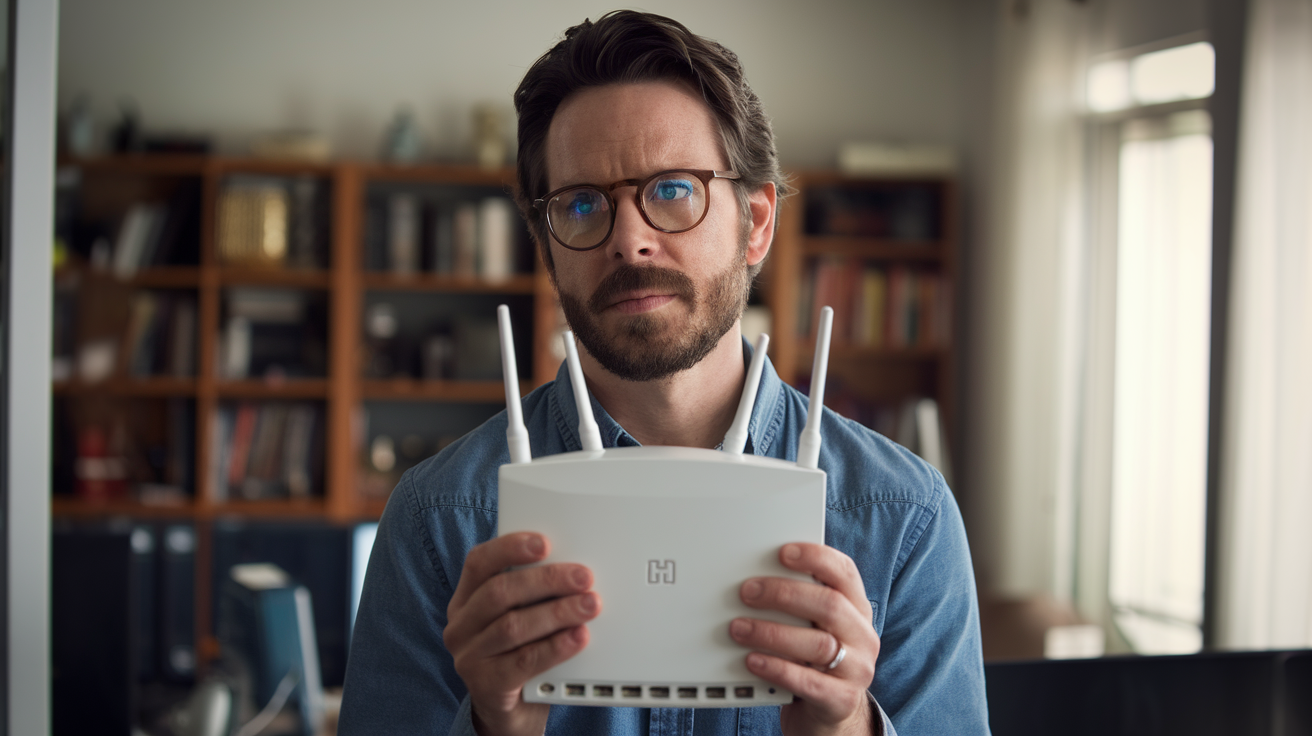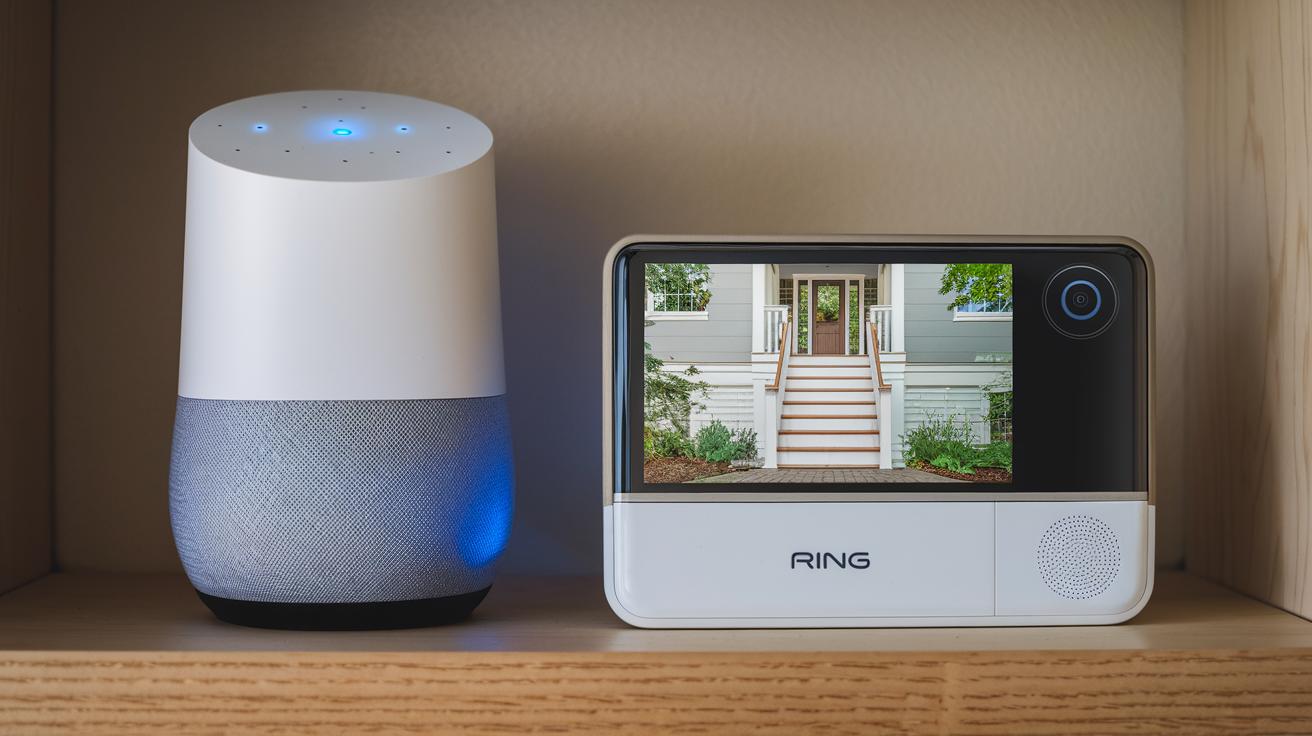As technology continues to advance and our lives become increasingly digital, the concept of home security has evolved beyond traditional physical measures. While locks, alarms, and surveillance cameras remain essential components of home protection, there's a critical aspect that's often overlooked: digital security. In this article, we'll delve into what digital security entails and why it's just as crucial as the physical security measures we're more familiar with.
When we think of home security, the first things that come to mind are often sturdy locks, motion-sensor lights, and perhaps a trusty guard dog. While these measures are undoubtedly important, they are only part of the security equation in today's digital age. With the increasing integration of technology into our homes, ensuring the safety of our digital lives is just as crucial as safeguarding the physical aspects of our living spaces.
The Evolution of Home Security
Home security has come a long way from the days of simple locks and basic alarm systems. As our homes become "smarter" with the inclusion of devices like smart doorbells, security cameras, and even automated blinds, the potential entry points for cybercriminals have multiplied. This necessitates a holistic approach that addresses both the physical and digital vulnerabilities of our homes.
Understanding Physical Security Measures
Physical security measures are the tangible defenses we put in place to deter and prevent unauthorized access to our homes. These include things like deadbolt locks, security doors, window bars, and outdoor lighting. While these measures are essential, relying solely on them leaves us vulnerable to a new breed of threats that exploit our interconnected digital lives.
Beyond Locks and Alarms: Digital Security
Digital security involves safeguarding the electronic devices, networks, and data that have become integral to our daily lives. This includes protecting personal information from hackers, ensuring the security of smart home devices, and educating ourselves about potential online threats. Neglecting digital security could leave our personal information exposed, leading to identity theft, financial loss, and even physical security breaches.
Common Misconceptions about Home Security
One of the most common misconceptions is that physical security measures alone are sufficient to protect our homes. While they do play a crucial role, they are only one aspect of a comprehensive security strategy. Additionally, many people assume that cyberattacks only target large organizations, ignoring the fact that individuals and households are also prime targets for cybercriminals.
The Role of Strong Passwords
One fundamental step in digital security is using strong, unique passwords for all online accounts. A strong password comprises a mix of uppercase and lowercase letters, numbers, and special characters. Avoid using easily guessable information like birthdays or pet names. By using strong passwords, you significantly reduce the risk of unauthorized access to your accounts.
Multi-factor Authentication: Adding Layers of Security
Multi-factor authentication (MFA) provides an extra layer of security by requiring users to provide two or more verification factors to access an account. This typically involves something you know (password), something you have (a mobile device), or something you are (biometric data). MFA adds a substantial barrier for cybercriminals attempting to breach your accounts.
Software Updates and Patches: The Unseen Protectors
Keeping your devices and software up to date is vital in maintaining their security. Developers regularly release updates and patches that address newly discovered vulnerabilities. Ignoring these updates leaves your devices open to known exploits that cybercriminals can leverage to gain unauthorized access.
Social Engineering and Phishing Attacks
Physical security measures can't protect you from social engineering attacks, where cybercriminals manipulate individuals into divulging sensitive information. Phishing is a common form of social engineering, where attackers use fraudulent emails or messages to trick recipients into clicking malicious links or sharing personal data.
Securing Your Home Network
Your home network is the gateway to your digital world. Securing it involves setting a strong password for your Wi-Fi, enabling network encryption, and regularly updating your router's firmware. Unsecured networks can be exploited by cybercriminals to gain access to your devices and personal data.
Importance of Data Encryption
Data encryption converts your information into a code to prevent unauthorized access. This is crucial, especially when transmitting sensitive data over the internet. Encrypted data is virtually impossible for hackers to decipher without the encryption key.
Protecting Smart Home Devices
Smart home devices offer convenience and efficiency but can also be vulnerable to cyberattacks if not properly secured. Change default passwords, keep devices updated, and segment your network to isolate smart devices from critical systems.
Protecting Smart Home Devices
Education is a powerful tool in the fight against cyber threats. Teach your family members about online safety, the risks of sharing personal information, and how to identify potential scams. By fostering a culture of cybersecurity at home, you collectively strengthen your digital defenses.
Conclusion
In the modern world, home security extends beyond locks and alarms. It encompasses the realm of digital security, which is equally important for protecting our homes, privacy, and personal information. A holistic approach that combines physical security measures with digital safeguards is essential for maintaining a safe and secure living environment.
Ready to secure your home? Call us at (888) 805-5456 now!
FAQs
1. What is digital security?
Digital security involves protecting electronic devices, data, and online accounts from cyber threats.
2. Why is a strong password important?
A strong password is crucial as it prevents unauthorized access to your accounts and sensitive information.
3. What is multi-factor authentication (MFA)?
MFA adds an extra layer of security by requiring multiple verification factors for account access.
4. How can I protect my home network?
Secure your home network by setting a strong Wi-Fi password, enabling encryption, and updating your router's firmware.
5. Why is cybersecurity education important for families?
Cybersecurity education helps families understand online risks and empowers them to make safer digital choices.
Ready to secure your home? Call us at (888) 805-5456 now!
